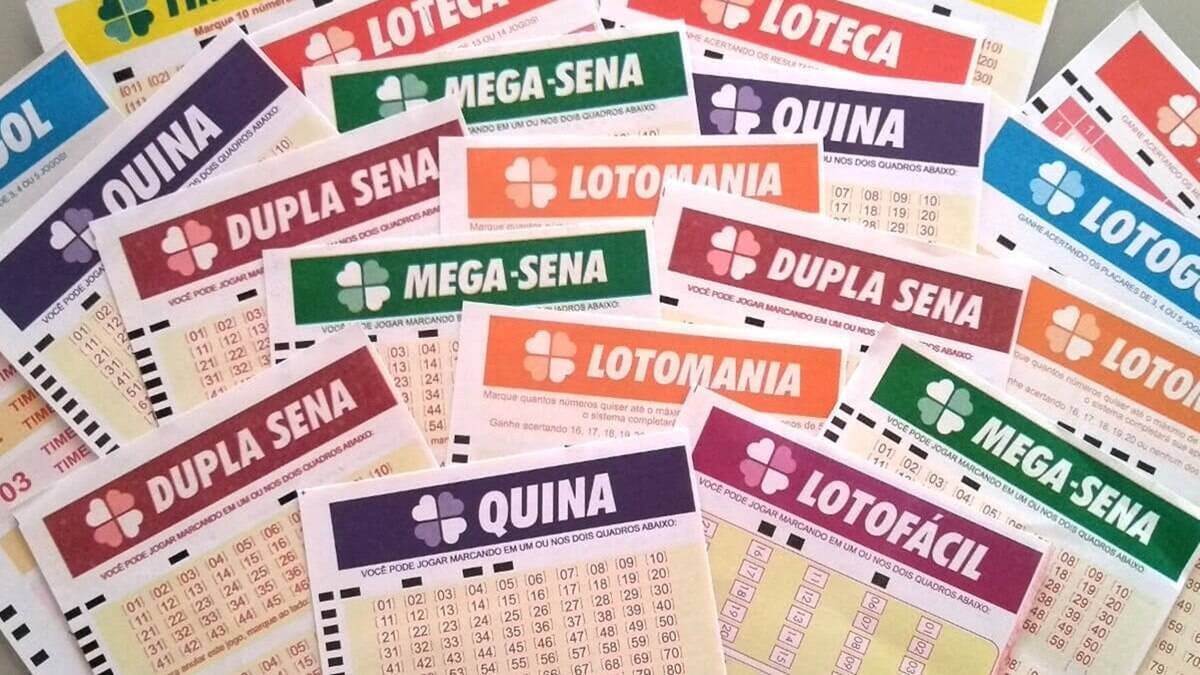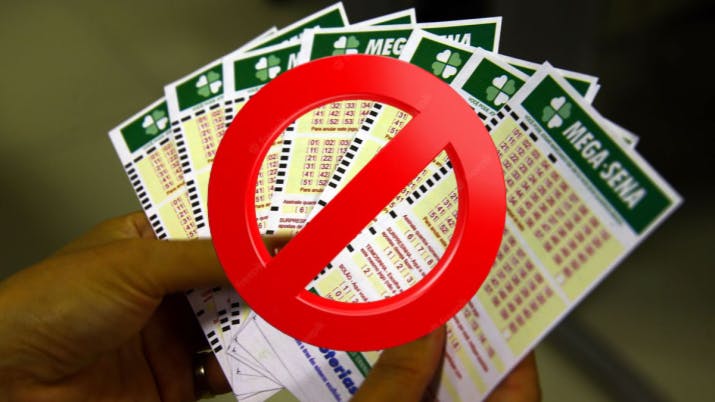Environmental Impact of Digital Lottery vs. Paper Lottery
In this article, we will delve deep into the environmental impact of digital lotteries compared to traditional paper methods and how technology can make the industry greener.
The Lottery House
tags:
online lottery
environment
sustainability

Towards a More Sustainable Industry
Lotteries have always been a popular form of entertainment and a significant source of revenue for many governments around the world. Traditionally, lotteries were conducted on paper, with physical tickets and live draws broadcast on television. However, in recent years, the lottery industry has undergone a significant transformation with the introduction of digital lotteries. While these innovations have brought many benefits, they also raise important questions about their environmental impact.
The Environmental Challenge of Paper Lotteries

Traditional paper lotteries have been a source of environmental concern due to the significant amount of natural resources required to produce paper tickets. Paper manufacturing involves cutting down trees, consuming water and energy, and generating waste. In addition, the distribution of physical tickets requires transportation, which results in significant carbon emissions.
A study by the UK National Lottery revealed that, on average, about 18 trees are needed to produce one million paper lottery tickets. Furthermore, the carbon footprint associated with the production and distribution of these tickets is substantial. The paper lottery industry is, therefore, intrinsically linked to negative environmental impacts.
The Advancement of Digital Lotteries: Solution or Challenge?

With the evolution of technology, digital lotteries have gained popularity worldwide. These lotteries eliminate the need for physical tickets and live draws broadcast on television. Players can participate online, select numbers, and the results are generated electronically. This transformation represents a significant shift in the sector and presents both environmental opportunities and challenges.
Waste Reduction and Resource Use
One of the main advantages of digital lotteries is the significant reduction of waste. Mass-printed paper tickets are no longer necessary, which saves trees and reduces the amount of trash produced. Additionally, electronic distribution eliminates the need for physical transportation, reducing associated carbon emissions. This represents a positive turn in terms of reducing environmental impact.
Energy Savings

The infrastructure needed to operate digital lotteries consumes less energy than the processes of manufacturing paper tickets and conducting live draws. Data servers and lottery management systems can be configured to operate in an energy-efficient manner, contributing to the reduction of environmental impact. Energy efficiency is a critical point when considering the sustainability of digital lotteries.
Environmental Challenges of Technology

However, while digital lotteries offer many environmental benefits compared to paper lotteries, they also face their own environmental challenges. To achieve true sustainability, these issues need to be addressed:
Electronics and Responsible Disposal: The production and disposal of electronic devices, such as smartphones and computers used to play, contribute to the carbon footprint of the digital lottery industry. Promoting recycling and responsible disposal of these devices is crucial to mitigate this impact.
Energy Consumption of Data Centers: Data centers hosting digital lottery systems consume significant energy. Investing in renewable energy and more efficient technologies is essential to reduce this consumption and ensure that digital lotteries are environmentally responsible.
The Sustainable Future of Lotteries

As society becomes more aware of environmental issues, the lottery industry is adapting to become more sustainable. The transition to digital lotteries is a step in the right direction, but there is more to be done.
Research in Green Technologies: Investing in research and development of greener technologies for the operation of digital lotteries, such as low-energy servers and efficient storage systems, is critical.
Public Awareness: Educating players about the environmental impact of lotteries and encouraging sustainable practices, such as recycling electronic devices, can create a more conscious player base.
Transparency and Accountability: Digital lottery operators should be transparent about their environmental practices and commit to environmental responsibility, ensuring operations are conducted sustainably.
Sustainable Partnerships: Collaborating with environmental organizations and seeking sustainable partnerships is an effective way to promote eco-friendly practices in the lottery industry.
You Can Play Online

There are several lotteries around the world that allow online ticket purchases. Check out this summary of the available options and platforms where you can buy these tickets:
General Platforms: Websites like World Lottery Site and TheLotter allow you to purchase tickets online from various global lotteries, enabling participation from anywhere using a phone, tablet, or computer.
US Lotteries: Mega Millions and Powerball are two major US lotteries that can be played online. Players in states with legal online lotteries can visit the official state lottery website to purchase tickets. Additionally, platforms like Jackpocket Lottery offer secure online ticket purchases regulated by the state in over a dozen US states.
European Lotteries: EuroMillions, EuroJackpot, and SuperEnalotto are among the largest European lotteries offering online ticket purchase. They are accessible through various online lottery ticket retailers or agents.
Global Access: Websites like Lottery Guru and Loterij.online serve as guides to international lotteries, providing information on draws, results, and online ticket purchase for lotteries from various countries.
Discounts and Benefits: Some online lottery platforms offer the convenience of playing from home with possible discounts on ticket prices. This can apply to local as well as international lotteries, making European, American, and Asian lotteries accessible online.
Conclusion
Digital lotteries represent a significant advancement in terms of reducing the environmental impact compared to traditional paper lotteries. The elimination of paper tickets and live draws contributes to waste reduction and carbon emissions.
However, it is important that the digital lottery industry continues to strive to minimize its own environmental impact by promoting sustainable practices and raising player awareness of environmental issues.
With these efforts, the lottery industry can move towards a greener and more ecologically conscious future, while maintaining its social and economic benefits. The key is to address environmental challenges and work together to create a truly sustainable lottery industry.